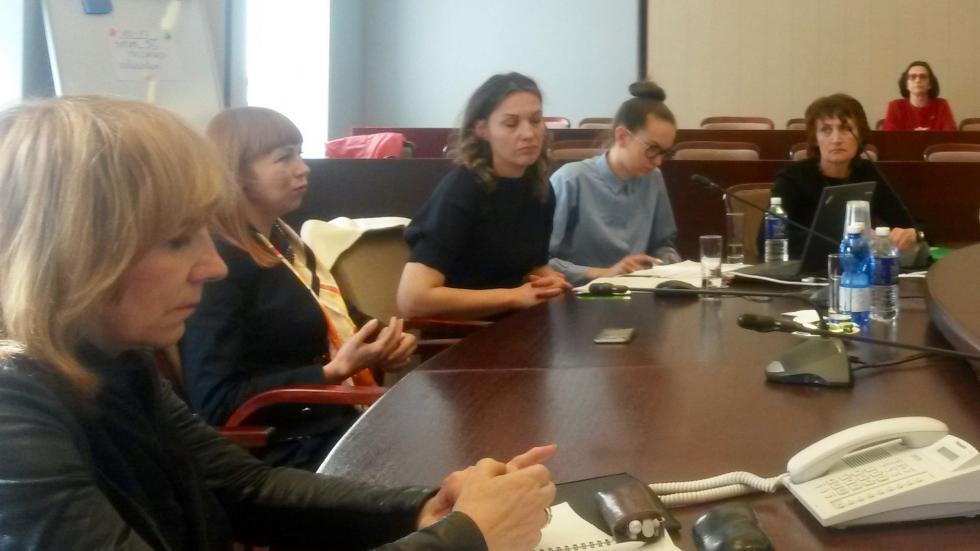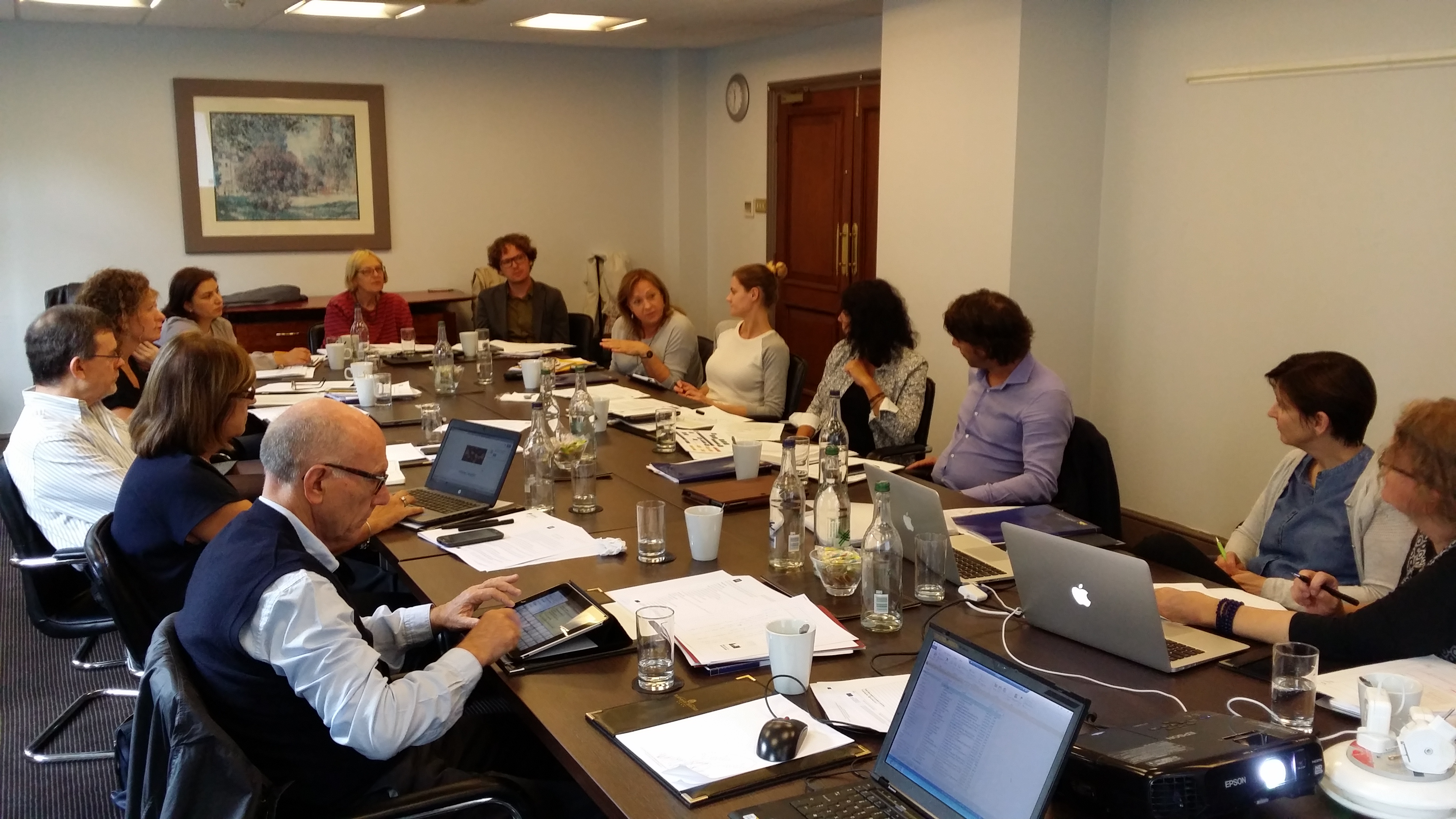The Agency's Financing Policies for Inclusive Education Systems (FPIES) project aims to identify coherent financing mechanisms for inclusive education. By working with policy-makers for inclusive education in six Agency member countries, the project will examine how these mechanisms operate. It will identify and assess the critical levers impacting the effectiveness of funding policy mechanisms. Co-ordinated by the Agency, FPIES is a partnership project between the Ministries of Education in Italy, Lithuania, Netherlands, Norway, Portugal and Slovenia. Universitat Ramon Llull (Barcelona) is an external evaluator for the project.
The project’s six planned Country Study Visits have now been completed. The visits gave key national stakeholders and FPIES project partners the opportunity to examine different educational funding approaches in detail through peer learning. They involved working with policy-makers so that policy-makers could systematically examine different approaches to financing inclusive education.
In the Country Study Visits, the FPIES project partners and local participants gained insights into different funding approaches through presentations from ministries, governmental and local-level agencies, as well as school-level practitioners.
In all visits, three questions that aim to objectively review each country’s policy and practice on financing inclusive education were considered. These are presented below, along with indicative themes emerging from the visits in line with the key questions:
How does the financing system for inclusive education enable stakeholders at territorial, local and school level to act inclusively?
- There appears to be a strong commitment to inclusive education, as shown through increased budgets. However, resource allocation mechanisms may often still be fragmented and may promote overly bureaucratic modes of governance
How does the financing system for inclusive education support stakeholders at territorial, local and school level to avoid labelling those with the most severe needs?
- Resource allocation mechanisms increasingly aim to promote the potential for school-level autonomy and flexibility in supporting learners. However, there may also be a lack of co-ordination of resource mechanisms for capacity-building to support inclusive practices.
How are funding and governance mechanisms promoting co-ordinated, efficient and cost-effective systems for inclusive education?
- There seems to be an increasing trend towards greater local and school-level autonomy, evidenced through governance and accountability mechanisms. However, these mechanisms might be improved through analysing existing data more thoroughly and developing data collection systems that focus on the effectiveness of support and on the cost-effectiveness of resource allocation.
The project’s main outcome will be an open-access policy guidance framework. This can be used across European countries to support the development of financing policies for inclusive education systems.
For more information, visit the FPIES project web area.


